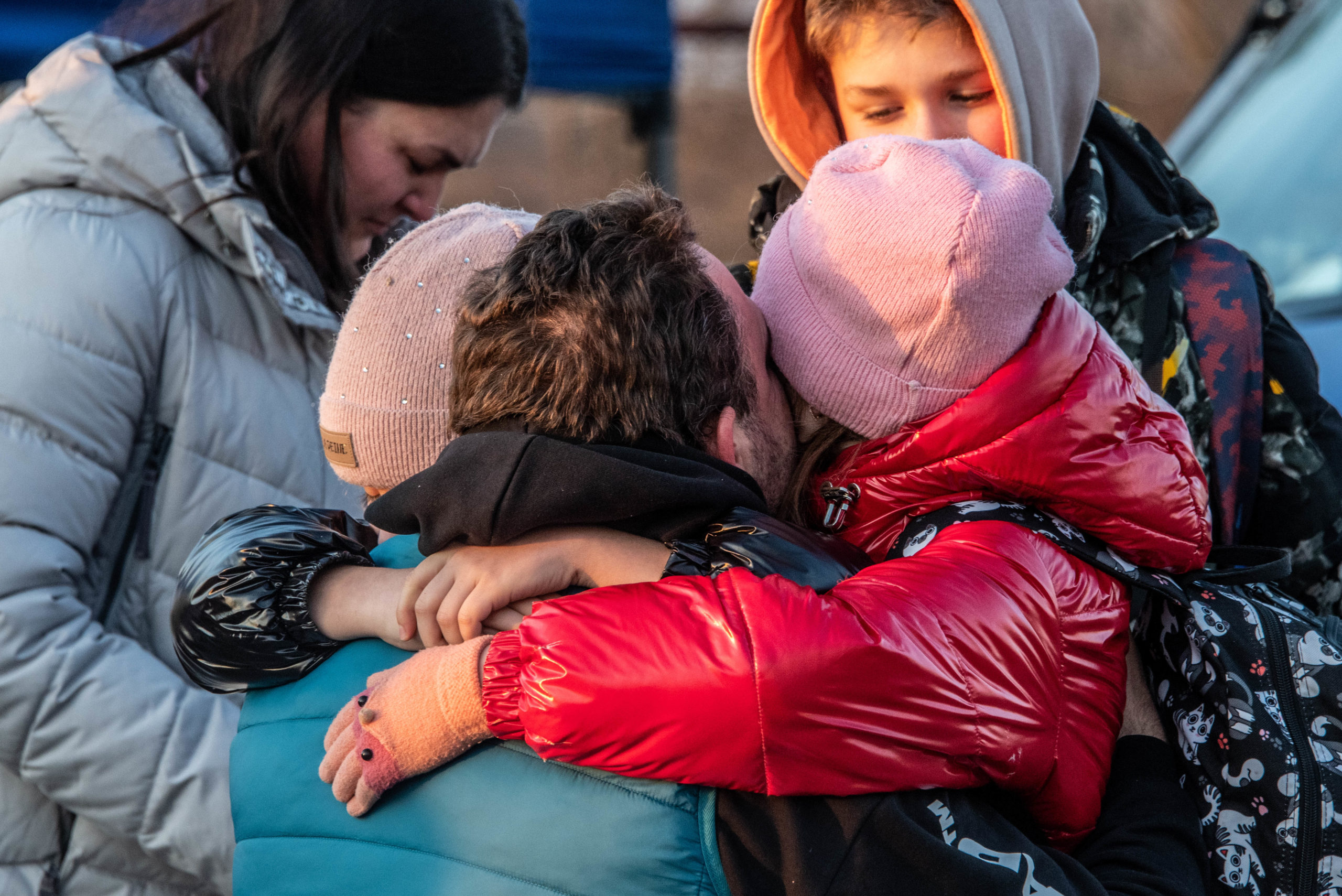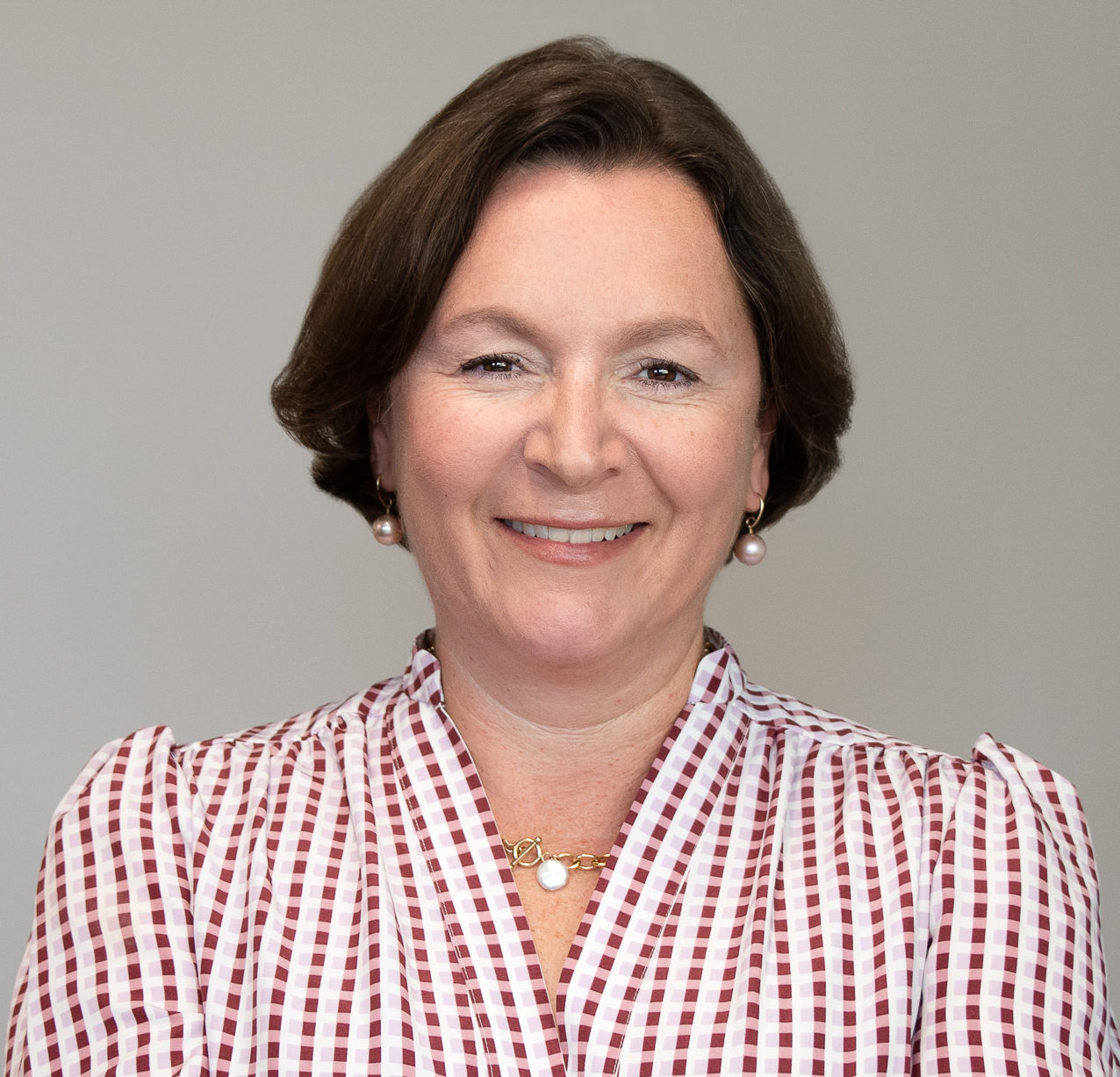Philanthropy: Critical to Ukraine’s recovery

The ongoing Syrian civil war began in March 2011. Syria was a middle-income country at the start of the war. Since then, cities have been brought down to rubble, the education system is destroyed and half of the country is displaced.
The Yugoslav Wars started in 1991 and ended in 2001. More than 4.4 million people were displaced. Genocide, war rape, ethnic cleansing and massive casualties were integral characteristics of the separate conflicts that make up the Yugoslav Wars. Due to bombings and other explosives, material damages hovered between $50 billion and $70 billion.
The Yemeni Civil War has been ongoing since 2014. Nearly 21 million people in Yemen require humanitarian assistance. More than 110,000 people have been killed in Yemen. More than 4 million people are internally displaced. The Council on Foreign Relations describes this conflict as worsening.
Each of the wars described above lasted more than eight years, and two of the wars are ongoing. Recovery from each of these wars has taken and will continue to take decades. Rebuilding infrastructure, re-establishing educational systems, re-capitalizing health care infrastructure (including medical and non-medical personnel), restoring order and the rule of law, and reintegrating displaced persons is costly, time-consuming and requires sustained and careful attention.
Media and associated philanthropic attention have spiked and waned over the years, depending on various photogenic tragedies. Still, sustained media and philanthropic attention have been hard to come by. I just searched for “Yemen” on the New York Times website and it has come up only six times since January.
So how do we make the philanthropic narrative around Ukraine different?
We are in the eighth week of the Russian offensive on Ukraine. As of April 13, more than 4.7 million individuals have crossed borders into neighboring countries. It is likely that 7.1 million people are internally displaced within Ukraine. This means that 25 percent of Ukraine’s 40 million citizens are displaced in some manner. The numbers of refugees and internally displaced persons will surely rise precipitously in the coming weeks.
As we think about the prognosis for the war in Ukraine, we need to assume that the conflict will not end tomorrow. Regrettably, even if Russian forces ceased their military offensive, recovery will take decades. So where should philanthropy play a role? We come with a unique set of time, talent and resources… but how can we direct them to best support the unfolding humanitarian crisis in Ukraine? I’ll offer some tried and true suggestions:
- Reach out to your existing grantees to see how you can support their work. Many organizations in the humanitarian aid sector are stretched to the limits as they work to meet the needs of a staggering number of complex humanitarian emergencies. General operating support, or grants that build staff capacity, will benefit the entirety of the humanitarian system, including Ukraine.
- Come alongside CDP’s mission and recognize that recovery is an approach and not a timeline. With every investment you make in Ukraine and surrounding nations, speak with your grantee partners using a recovery mindset. Invest in programs that take long-haul reconstruction in mind.
- Let me repeat – PAUSE. I say this twice, for two reasons. First, humanitarian actors in central Europe are working 18+ hour days. They simply cannot field phone calls from stateside philanthropy. Waiting a month or two will (we hope) free up their time now, when displaced persons are most in need of services. Second, pausing leaves space to identify gaps in funding, identify gaps in services and then work to fill those gaps.
I fear that the war in Ukraine will last far longer than any global citizen wishes it will. I fear that the war will disrupt entire generations of Ukrainians. And, I fear that the war will fade off of the news and out of our collective consciousness far sooner than recovery can occur. Please join me in learning from history and putting that knowledge to use when thinking about Ukraine’s future. Philanthropy is critical to recovery.
